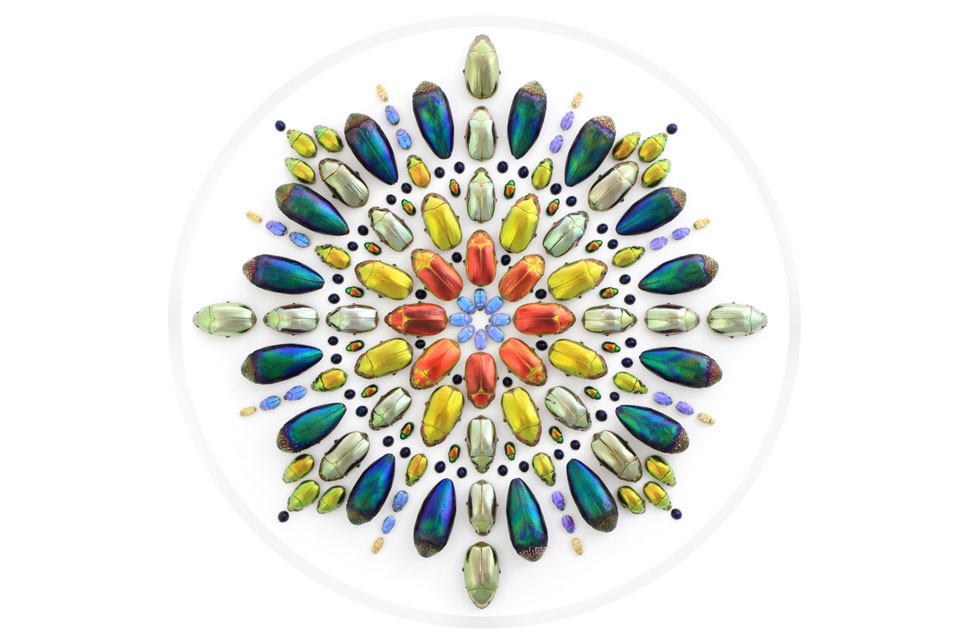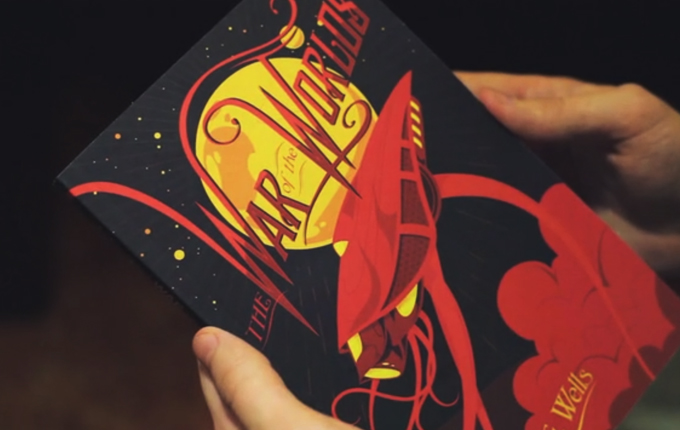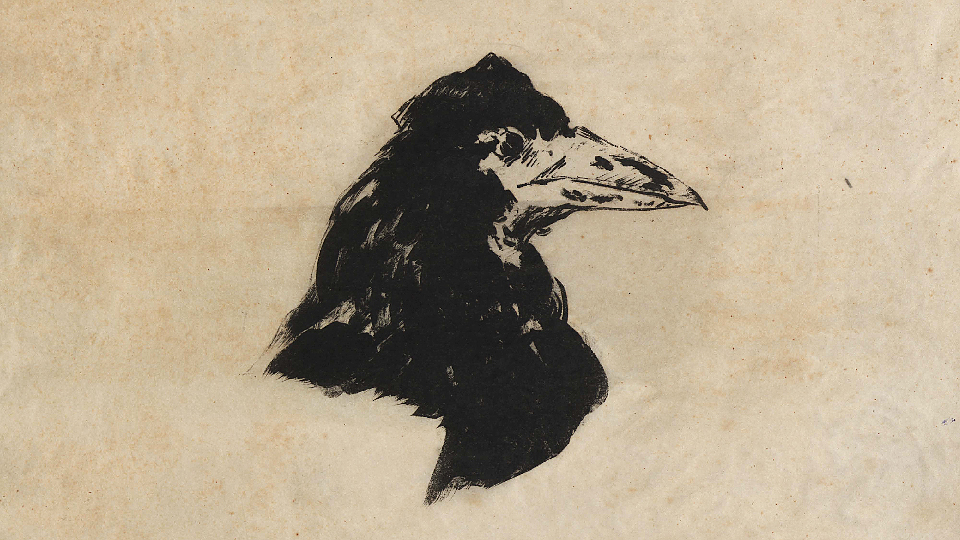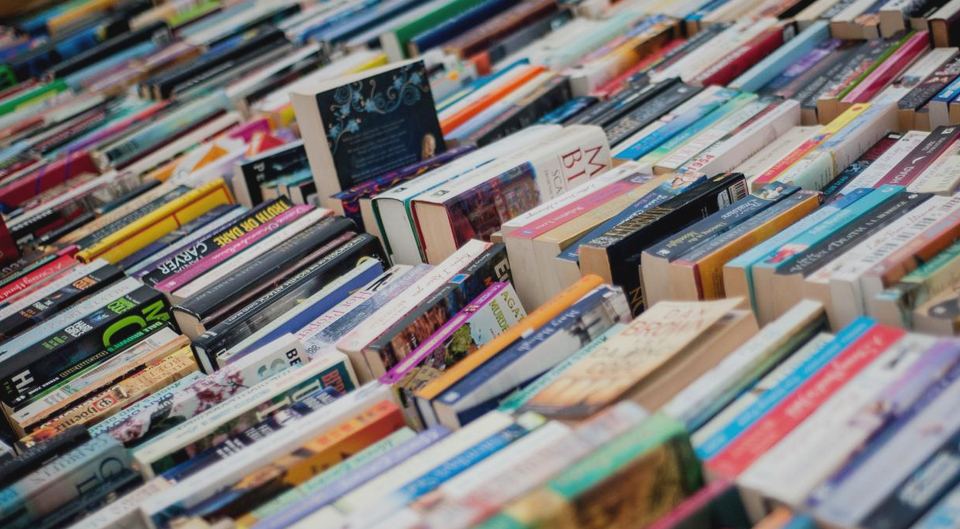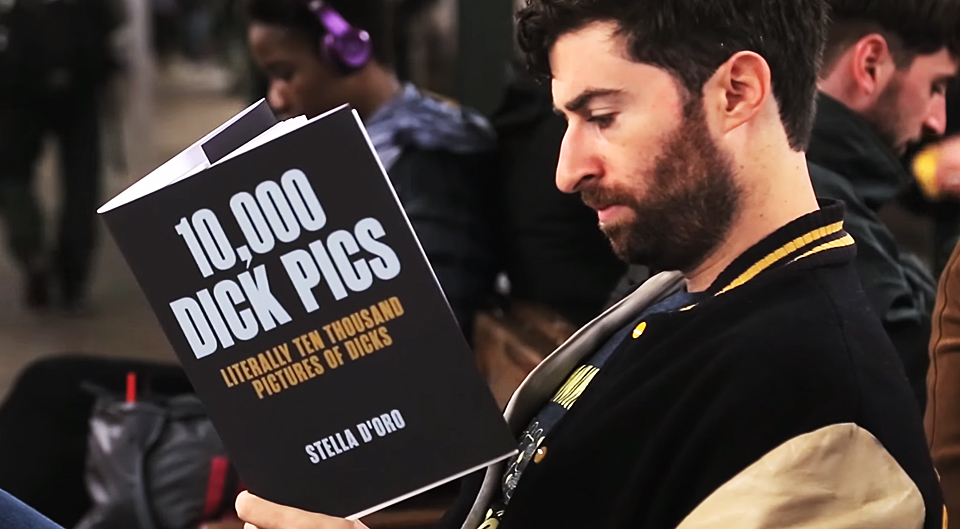TED: The Must-Read Books in Different Countries
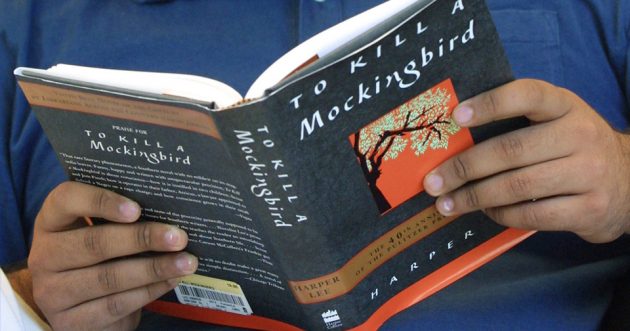
The editors of TED-Ed asked their authors and readers from different countries to choose one book that is a must-read in their country. This resulted in a list of 28 works that are considered to be required reading for children at schools of different countries all over the world.
The answers of respondents from Russia, USA, or Colombia who named War and Peace, To Kill a Mockingbird, and One Hundred Years of Solitude are not surprising, but the choice of people from some other countries is a little less obvious.
For instance, in Germany the must-read book is the The Diary of a Young Girl — the diary of a Jewish girl named Anne Frank written in 1942–1944 when the Nazis occupied the Netherlands. “We should never forget what horrors were unleashed by narrow-thinking people,” says Charlotte Böhm, explaining the significance of this book for the Germans.
One of the few examples of contemporary literature that made it to the list is The Reluctant Fundamentalist, a novel about a young Muslim who witnessed the events of September 11, 2001 in New York. It is considered to be one of the most important books to read in Pakistan. “These books touch the unique dilemmas faced by modern Pakistanis who are struggling with fundamental ideals and trying to find their own identity.”
In the neighboring Afghanistan Quran remains the main book: one of the voters says that it is the only book that the local schoolchildren have to read: “Overall, there is no culture of reading novels in my country, which is sad. The only book that must be read in school is the holy Quran, and everyone is encouraged to read it starting from childhood.”
Among other books that made it to the final list is the autobiographical novel called The Days by Taha Hussein, who lost his eyesight at the age of three and managed to become the minister of education in his country, chosen by Egyptians; the most important book in Italy — The Betrothed by Alessandro Manzoni, a novel that is considered to have laid foundation for the modern Italian language; a novel by Chinua Achebe called Things Fall Apart, which was chosen in both Ghana and Nigeria, about the arrival of the Europeans on the African land and the destructive consequences it brought.
Also on the list are Analects by Confucius (China), Autobiography by Gandhi (India), Faust by Goethe (Austria), The Bridge on the Drina by Ivo Andrić (Bosnia and Serbia), Tomorrow, When the War Began by John Marsden (Australia), and Sub Terra by Baldomero Lillo (Chile).
